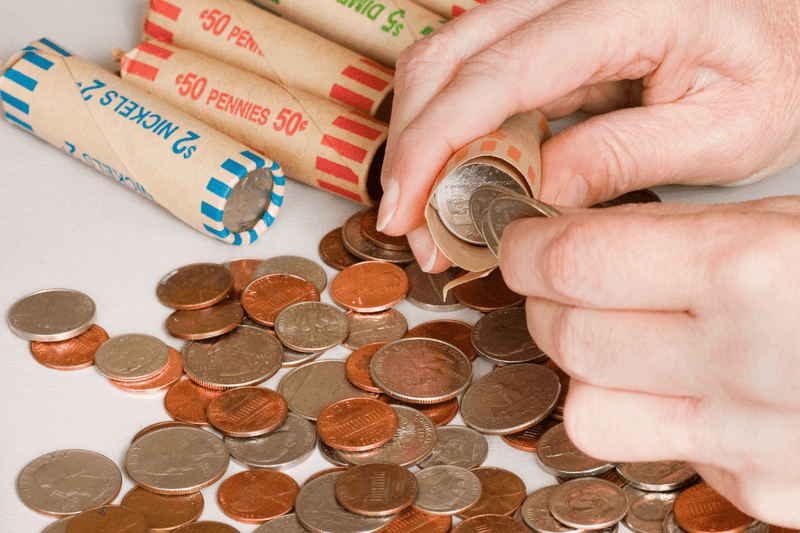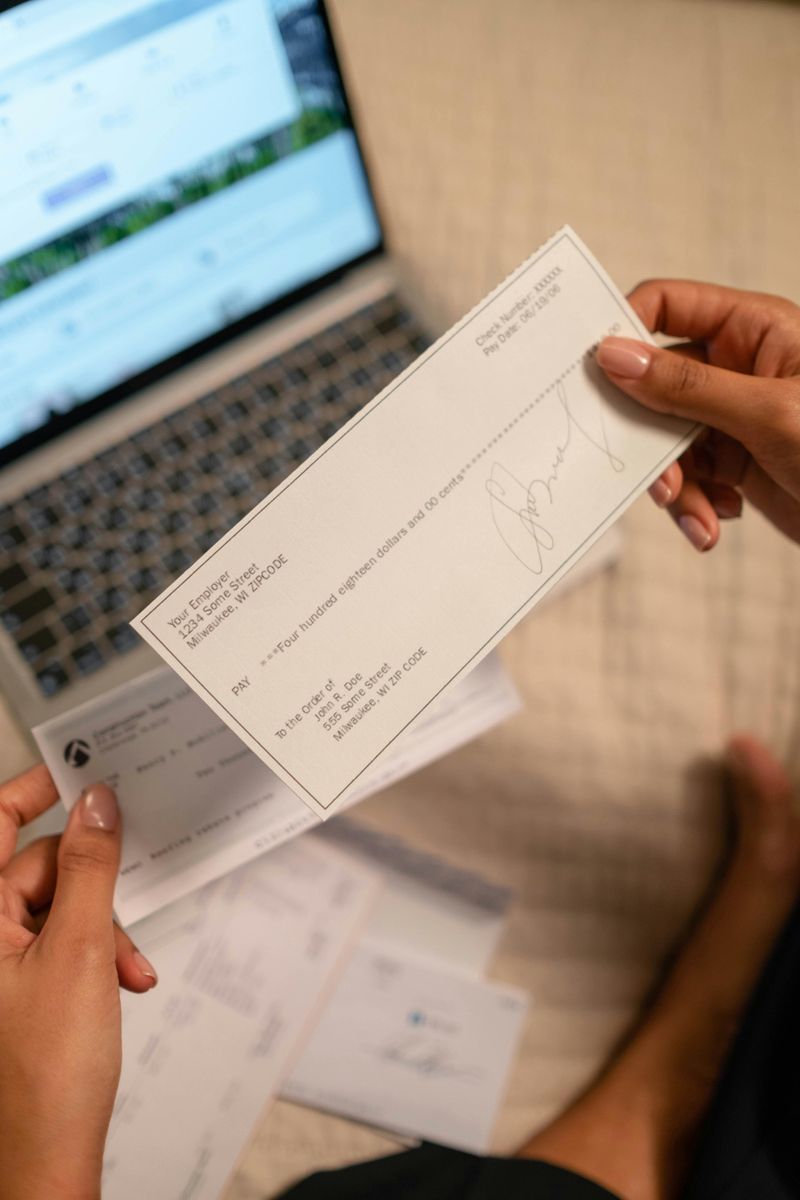10 Little Financial Wins That Add Up to a Big Difference

You don’t need a six-figure salary or a finance degree to feel more in control of your money. In fact, the secret to financial confidence often hides in the tiny habits you practice every day. Think of them as little victories — small, manageable changes that don’t require major sacrifice but still deliver noticeable results.
1. Bringing Lunch to Work Just Three Times a Week

Imagine savoring a delicious homemade salad while saving money. Just three days a week of bringing your own lunch can seriously cut costs without sacrificing taste. For instance, a typical restaurant meal can easily cost $12, while a packed lunch might only be $4.
Adding up those savings over a month translates to about $96, and over a year, that’s over $1,000! It’s not just about money; it’s also about enjoying nourishing meals crafted to your liking.
Additionally, engaging in this habit nurtures creativity in the kitchen, encouraging you to try new recipes. These tasty lunches not only fill your stomach but also keep your wallet happy. A simple switch, yet it brings profound savings and satisfaction.
2. Rounding Up Your Purchases to Save the Spare Change

You might not notice those few cents that disappear when a purchase gets rounded up, but they quietly accumulate into something significant. Many banks and apps offer this feature, where each transaction rounds up to the nearest dollar, funneling the spare change into savings.
Think of it as a digital piggy bank that grows without any extra effort on your part. Over time, these small amounts can turn into a vacation fund or an emergency reserve.
Harnessing this feature makes saving feel effortless, and the excitement of watching your savings grow with minimal effort is unmatched. It’s a modern twist on the old-school coin jar that’s both convenient and effective.
3. Canceling One Subscription You Barely Use

Remember that streaming service you signed up for six months ago and forgot about? Those seemingly insignificant monthly fees can sneakily drain your finances. Canceling just one, which you rarely use, could save you $10–$15 monthly.
Over a year, that’s a tidy $120–$180 back in your pocket. This small act of financial housekeeping can also inspire broader scrutiny of recurring expenses.
It’s empowering to take control and channel those savings toward something more fulfilling, like a hobby or personal goal. Not only does this cut out unnecessary spending, but it also declutters your life from services that don’t add value.
4. Switching to Generic Brands for Everyday Essentials

Sometimes, the label is the only difference between two products, yet the price gap can be substantial. Generic brands often offer the same quality as their branded counterparts but at a fraction of the cost.
For everyday essentials like groceries, cleaning products, and medications, making the switch can result in savings of 20–40%. Over time, these savings make a noticeable dent in your monthly expenses.
Experimenting with generic brands can lead to surprising discoveries of quality products. It’s a small change that requires no sacrifice in quality, only in brand loyalty.
5. Automating a Small Weekly Transfer to Savings

The beauty of automation lies in its simplicity and effectiveness. Setting up a small weekly transfer, even just $10, to a savings account can build a nest egg with minimal effort.
Over a year, this modest amount balloons to over $500—money you might not have consciously saved otherwise. The habit of automated saving becomes a seamless part of your financial routine.
More than just accumulating funds, this practice fosters a mindset of saving and financial responsibility. Witnessing your savings grow with each transfer brings both confidence and security.
6. Paying Credit Cards a Few Days Early

The timing of your credit card payment can significantly impact your financial health. Paying a few days before the due date can reduce interest accumulation and improve your credit utilization ratio.
This small adjustment can enhance your credit score over time, leading to better interest rates on loans and mortgages. It’s a proactive step with lasting benefits.
Moreover, cultivating the habit of early payments builds a sense of control and discipline in financial management. It’s a change that, while minimal in effort, yields considerable rewards in the long run.
7. Negotiating Your Internet or Phone Bill Once a Year

A simple phone call could lead to unexpected savings. Negotiating your internet or phone bill annually can uncover promotions or discounts, saving you $15–$30 each month.
Many service providers are willing to offer deals to keep their customers happy, especially in competitive markets. You just have to ask.
This proactive approach empowers you to take charge of your expenses, often leading to a better deal or service for less money. It’s a satisfying win in the realm of personal finance.
8. Using Cashback or Rewards Wisely (and Paying in Full)

Credit card rewards can be a financial boon if used wisely. Earning 1–3% back on purchases while paying the balance in full each month maximizes these benefits without incurring interest.
Over time, these rewards can equate to significant savings or fund special purchases. The key is discipline and strategic use of the rewards offered by your card.
This savvy spending not only brings direct financial benefits but also enhances your ability to manage credit responsibly. It’s a clever approach to making your spending work for you, rather than the other way around.
9. Batch Cooking or Freezing Leftovers

The convenience of having homemade meals ready to go can be a game-changer on busy days. Batch cooking or freezing leftovers reduces food waste and the temptation to opt for expensive takeout.
By dedicating a few hours each week to preparing meals in bulk, you ensure that nutritious and cost-effective options are always available. This strategy not only saves money but also time.
Moreover, it introduces variety into your meals as you experiment with different recipes in larger quantities. A practical approach that transforms mealtime from a stressor into a source of enjoyment and savings.
10. Reviewing Your Bank Statements Monthly

Taking a few minutes each month to review your bank statements can uncover hidden charges or forgotten subscriptions. This practice often reveals unnecessary fees or duplicate charges that might otherwise go unnoticed.
By regularly scrutinizing statements, you gain a clearer understanding of your spending habits and areas for improvement. It’s a step towards financial accountability and transparency.
This mindful habit encourages you to take control of your finances, leading to more informed decisions and potential savings. It’s a routine check that safeguards your financial well-being.

Comments
Loading…